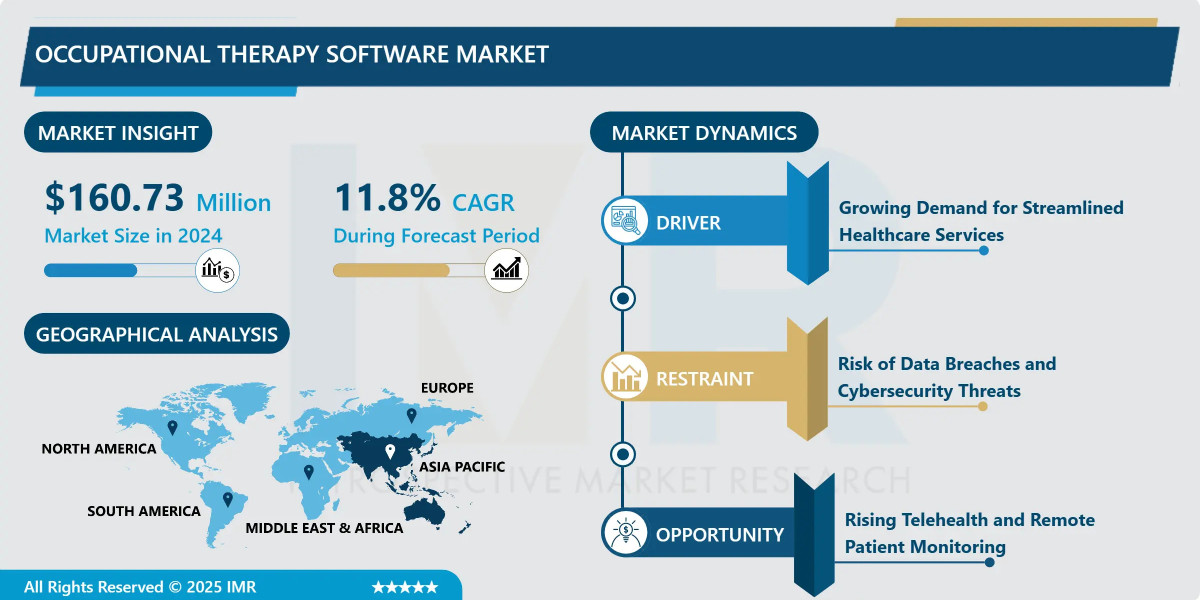Discover how AI is revolutionizing cancer care through precision diagnosis, open-source innovation, and enhanced patient outcomes.
Many of us know someone who has been affected by cancer. Groundbreaking AI technology is already here that can transform a cancer diagnosis—where AI detects even the tiniest and rarest cancers invisible to the human eye, maps their extent with pinpoint accuracy, and enables oncologists and pharmaceutical teams to deliver highly targeted, precision treatment.
This isn’t just a glimpse of the future. It’s the reality of what AI can achieve today, revolutionizing cancer care by decoding complex data and improving both diagnosis and treatment outcomes.
The Power of Open-Sourcing AI
Open-sourcing AI foundation models is a game-changing strategy that democratizes access to cutting-edge technology and empowers AI developers, academic researchers, and innovators to collectively advance cancer care. This approach accelerates the industry’s progress by enabling these groups to push the boundaries of science, research, and technology for the greater good.
Breaking Barriers in Cancer Care
The global landscape of cancer care is fraught with challenges, including a critical shortage of pathologists, inequitable access to specialized care, and disparities in expert-level diagnoses and treatment options. These issues are further exacerbated by the rising incidence of cancer worldwide, leaving many hospitals and healthcare systems ill-equipped to meet the growing demand.
By leveraging AI, we can overcome the current limitations and create a future where precision medicine is accessible to everyone, everywhere. It provides a scalable solution to the pathologist shortage, enabling faster processing of diagnostic slides and ensuring patients receive timely and accurate results. This trend aligns with the growing influence of open-sourcing AI and developing innovative approaches to dismantling barriers in cancer care, and the evolving role of AI in enhancing patient outcomes.
How AI’s Role is Set to Evolve
In the next decade, AI is poised to fundamentally revolutionize cancer care by developing intelligent systems that enable humans to make better decisions across various aspects of the field.
1. Transforming Pathologists’ Roles: AI will fundamentally reshape the role of pathologists by automating routine tasks and simplifying diagnostic reporting.
This evolution will elevate their expertise, empowering them with advanced tools to make accurate and insightful diagnoses. This shift will enhance the precision of cancer detection and characterization, leading to more effective treatment plans.
2. Supporting More Personalized Care
By integrating AI-driven data, oncologists will gain access to pathology-derived insights that can enhance their ability to choose the most effective treatment paths for their patients. For instance, AI can identify specific mutations at the pathology level that might otherwise go unnoticed, which could be crucial for determining eligibility for certain clinical trials.
Explore AITechPark for the latest advancements in AI, IOT, Cybersecurity, AITech News, and insightful updates from industry experts!







